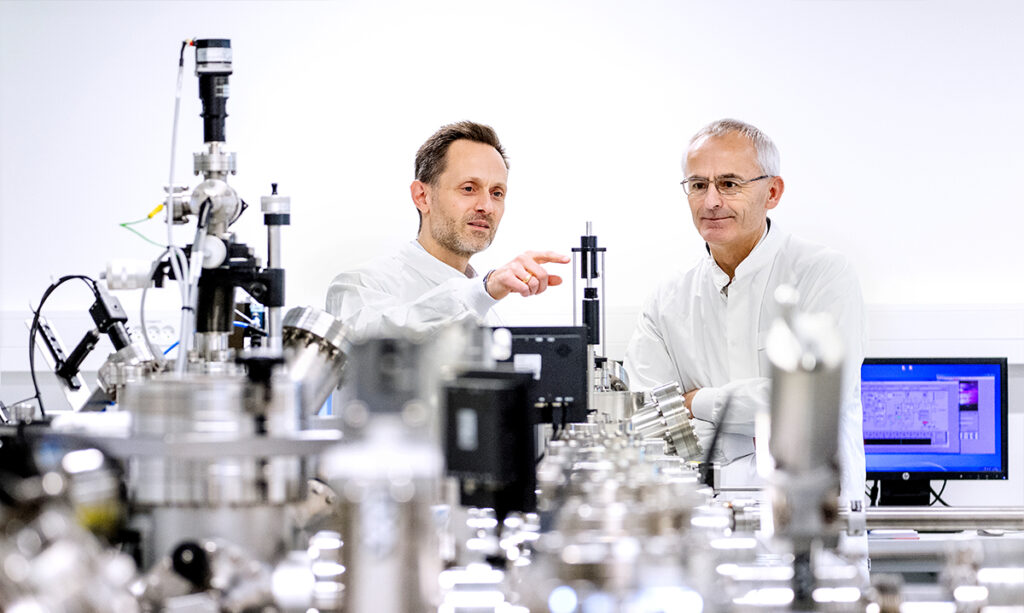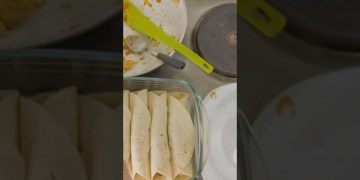
A collaborative effort involving research institutions and private companies is progressing toward the development of food prototypes derived from carbon dioxide (CO2). Known as the Acetate Consortium, this initiative will explore new methods of food production that address both climate change and food insecurity by using CO2 as a raw material.
“Within the next two years, we can expect to see actual prototypes of food products that will be tested by consumers”
Launched in 2023, the project focuses on replacing sugar in fermentation processes with acetate produced from CO2. This method has the potential to reduce reliance on agricultural land and water while still generating nutritious food. The consortium has now entered a new phase, which will involve scaling up technology and producing food prototypes for consumer testing. This next stage is supported by a funding renewal of DKK 162.2 million (€21.7 million), shared equally between the Gates Foundation and the Novo Nordisk Foundation.
From concept to prototype in 2 years
Claus Felby, Vice President for Agri-Food at the Novo Nordisk Foundation, remarked on the potential of the project: “When the consortium began its work two years ago, making food derived from CO2 seemed like something taken from a science fiction movie.
“Within the next two years, we can expect to see actual prototypes of food products that will be tested by consumers. The collaboration in the consortium is a good example of what we can achieve with biosolutions when researchers and companies combine their strengths and work towards a clear common goal.”
The second phase of the project will bring new partners into the consortium, adding expertise in food science, consumer behavior, gastronomy, and socio-economic modeling. These additions aim to complement ongoing efforts to refine the technology and assess its technical, economic, and environmental impacts. Denmark’s well-established tradition of collaboration between researchers and industry, particularly in food production and biosolutions, provides a solid foundation for the consortium’s work.
Rasmus Munk brings flavor to CO2 food
In addition, Denmark’s gastronomic culture is expected to play a role in the development of the prototypes. Rasmus Munk, founder of the culinary research company Spora and head chef at Copenhagen’s Michelin-starred restaurant Alchemist, has joined the consortium to lend his expertise in food innovation.
The first phase of the consortium’s work resulted in several key achievements. Researchers developed microbial strains capable of growing on 100% acetate, with the potential to produce proteins that are over 40% protein by weight. Additionally, pilot facilities were established at Aarhus University for acetate production, and initial analyses identified electricity and infrastructure as the primary cost drivers for the process.

A growing network of innovators
The consortium now includes a diverse group of partners, such as Topsoe, Novonesis, Orkla Foods, Spora, and several academic institutions, including Aarhus University and the University of Copenhagen. The Gates Foundation’s funding will support partners such as Novonesis A/S, Copenhagen Process ApS, and Northwestern University, while the Novo Nordisk Foundation will fund the remaining collaborators.
Felby noted the value of this collaboration: “One of Denmark’s strengths is the ability to bridge research, industry, and gastronomy. This makes us an ideal test country for new technologies such as this, where CO₂ can be used as a raw material for future food. Here we can develop and test prototypes in close collaboration with researchers, companies, and chefs, and share our findings to benefit communities and industries worldwide.”



































































